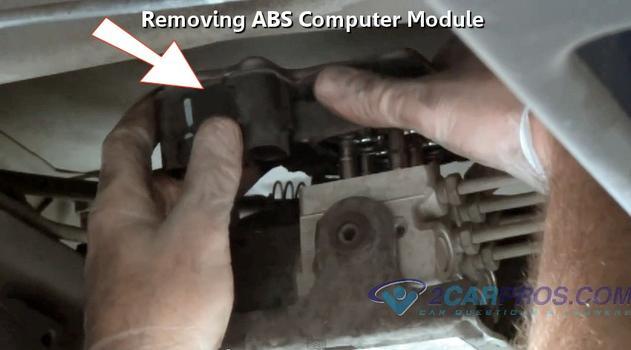I assumed you were trying to fix this yourself based on the type of questions you were asking and the type of web site you posted to. You don't have to be concerned about which part will fix the problem. That's up to the mechanic to properly diagnose the vehicle. If diagnosed incorrectly, a reputable mechanic will remove unneeded parts and not charge you for them. They will only charge you for the parts needed to solve the problem and possible other parts that will enhance the reliability of the repair.
"Also, it seems very hard to find those parts when searching online."
This is the comment that suggested you wanted to fix it yourself. I suspect you're not finding these parts online for the simple reason they aren't typically customer-replaceable parts. Repair shops generally don't buy parts online so the internet-based sellers would have very little market for parts like these. They're more interested in common consumer-replaceable items that have a larger demand.
The dealership has test equipment designed for their specific vehicles that should help them determine very quickly which part is defective. There is a pressure gauge that can be inserted in the line between the pump and hydraulic controller. A valve is closed, then you watch the pressure gauge. If pressure rises to 2200 psi or higher, the pump is capable of building pressure. If the pressure drops off when the valve is opened, there is leakage in the hydraulic assembly. If pressure can not be built up high enough, it's not necessarily the pump. It could be a plugged filter or a defective high pressure cutout switch.
I haven't replaced many ABS hydraulic parts so I don't know what the reliability of them is. GM trucks are famous for shorted computer modules that cause the pump to run continuously and burn out, but I haven't heard of that on Chrysler or products.
Caradiodoc
Tuesday, October 13th, 2009 AT 4:29 PM



